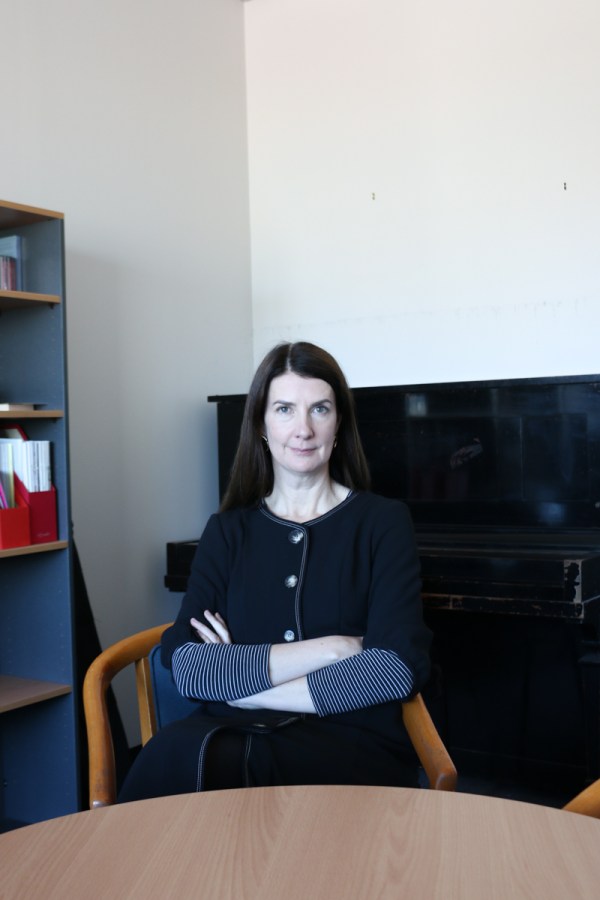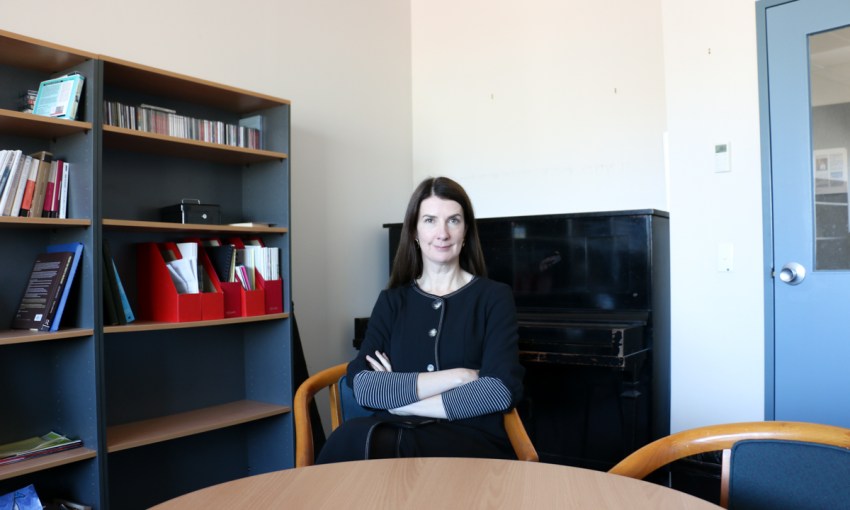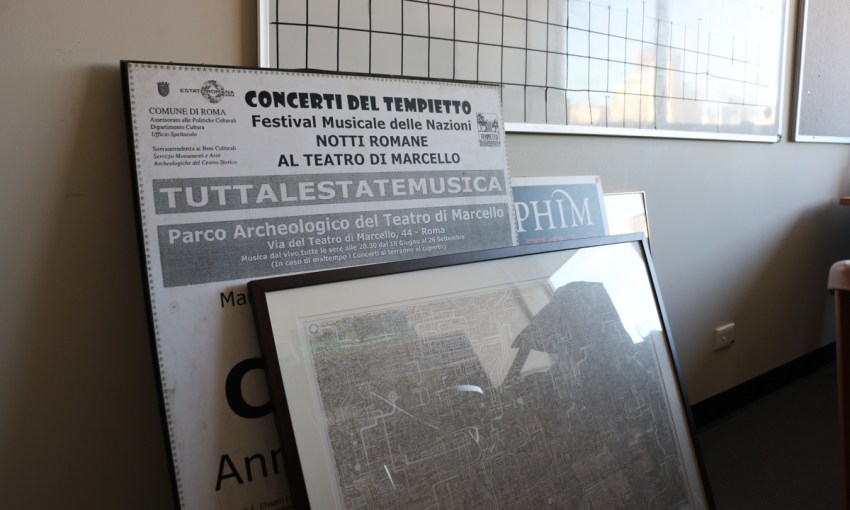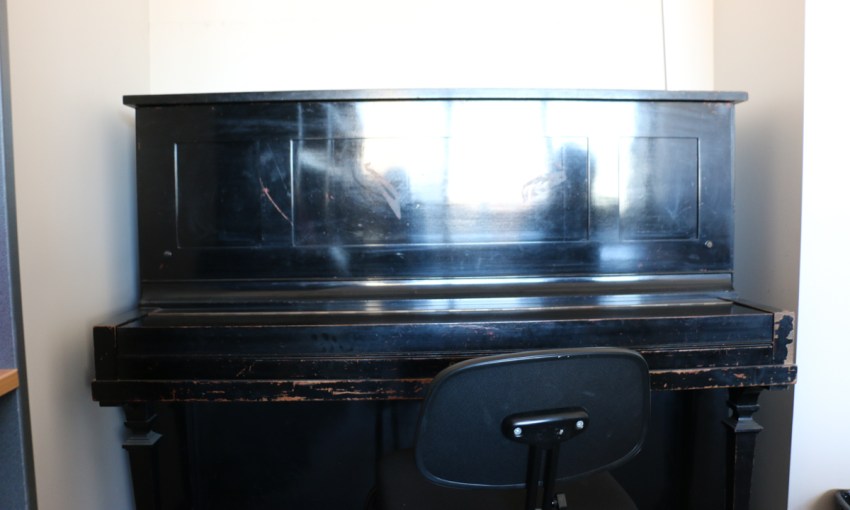“It's sort of embarrassing that it's even notable, right? You would have thought this would have happened earlier,” the new appointee tells CityMag.
The Elder Con welcomes first female director in 139-year history
The Elder Conservatorium of Music, commonly known as the Con, is a place of prestige. Nestled in the state’s oldest university, the University of Adelaide on North Terrace, it hums with history.
Established in 1883, the Con is also the oldest tertiary music school in the country, according to the university’s website.
It offers degrees, postgraduate diplomas and master’s programs covering genres such as jazz, popular music, classical and voice, and sonic arts. Alumni include composer Natalie Williams and Zaachariaha Fielding of Electric Fields.
The Con is also home to the Centre for Aboriginal Studies in Music – the country’s only university-oriented centre specialising in Indigenous Australian music.
On 15 July this year, the university announced award-winning musician, festival director and novelist Anna Goldsworthy would be the Con’s new director.
Speaking almost two weeks since her first day, between piano lessons and music advocacy work, Anna says it’s a “good question” to ask why she was the first non-male appointee to lead an institution with such major credentials.
—Anna Goldsworthy
“It’s sort of embarrassing that it’s even notable, right? You would have thought this would have happened earlier,” she says.
“I’m pleased it’s happened, because I think it actually more accurately represents the reality of what population of people out there are doing music.”
There are currently 220 female students – undergraduates and postgraduates – studying at the Con, the University of Adelaide told CityMag in a statement. This is just under half the 500 total students.
From within her office, on Level 9 of the Shultz Building, with views of the city below, Anna explains she started playing the piano at the age of six. At 11 she made her Con debut as a student, with teacher Eleonora Sivan showing her the ropes.

Anna’s back
She has fond memories of the building, and says it feels cyclical to be back.
“Part of it feels like it was a childhood home and this great, formidable institution and everything that it represented. It’s sort of lovely to be back now as an adult,” she says.
Formerly the director of the cultural policy program at the University of Adelaide’s Stretton Institute and J.M.Coetzee Centre for Creative Practice, one thing Anna has thought a lot about is how the canon of music she draws upon was formed, and the influences missing in its history.
“As a pianist for many, many years – as a performing pianist – I have, for much of my life, exclusively performed music written by men,” she says.
“You just sort of accept this as the premise of what you’re doing, and it’s only as I’ve got older, I’ve sort of thought, Well, hang on, how do I reconcile this with my own beliefs as a feminist?
“When I look at this institution, there’s [a] dominance of men in terms of numbers.”
Anna was a co-curator of She Speaks in 2021 – a four-part Adelaide Symphony Orchestra mini-festival spotlighting music made and played by people who are not “dead white men”.
She says part of her new job is to bolster these voices within the school.
Her other high-level duties include cementing the Con’s status as the home of music and culture within Adelaide – a UNESCO City of Music – and speaking to people within the “university hierarchy” to ensure music’s place within Australia’s social and governmental fabric is championed.
“Just to have a cultural policy, I think it’s a good first step,” Anna says of the new National Culture Policy proposed by the federal Labor Government.
For the first time in a decade, the Federal Government is looking to create a National Culture Policy, offering a framework of five key pillars: First Nations stories, diversity, artists at the centre, institutional support, and audience reach.
New Minister for the Arts Tony Burke said in a press release he wanted the policy to bring “new direction” and “vision” to an industry that enriches Australians’ lives.
The government is still gathering community feedback for the framework (until 22 August 2023), but the idea is to set an Australian-wide agenda for arts, entertainment and culture.
“I’d just love to see music education enshrined even more as something that we really value,” Anna says.
“There can be some national leadership in this area.”






